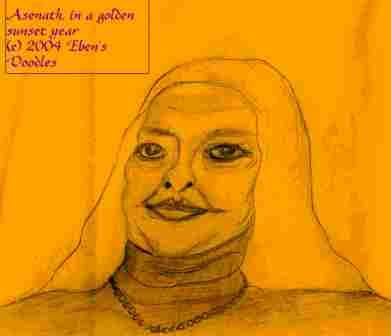

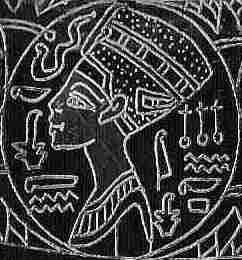
Wary and reclusive, it took some time--though very little in its own reckoning--for it to decide to land on the planet. What was one hundred and seventy years to an star-stone anyway? A most ancient celestial entity, it could hardly be described as knowing temporal boundaries imposed by time.
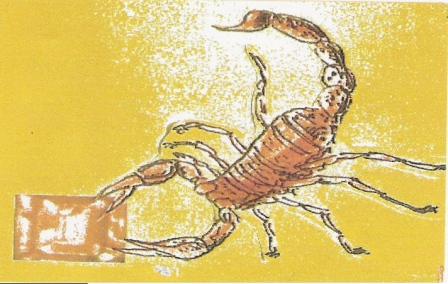
What was a few hundred miles between Machitha and Ibbatha to a star-stone that ranged across the Universe with ease?
Now this was the original Root of Bitterness that Asenath, in her troubled state and slipping mind, called to the Earth. It was the thing that first grew in the vast heart of the splendid Lucifer in the long ago, while he trod the garden of God among the stones of fire. No other created being in the heavens exceeded his brightness and splendor and powers, except the Uncreated One, God alone.
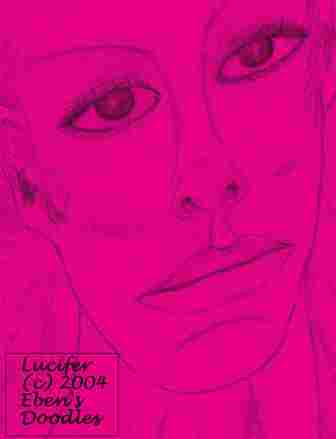
Disenchantment and ingratitude, envy, resentment were the branches of the Root that enclosed Lucifer’s heart and being until one day he aspired to be God.
Then, with this one thought as his aim, he rebelled, and God gave him over to every evil way and spiteful deed, the utter darkness that Lucifer had chosen as his dominion.
Only the Lord God did not take away his brightness and splendor. The Lord God took away only his place in heaven, when Michael and his army threw out the rebellious, warring Lucifer and his army, separating him forever from the garden of God and the stones of fire that he kept.
To one Earth, one Heaven, he was confined, and the Fiery Stones to another--lest he gain ascendancy over Michael’s forces with these great, now malignant powers. It was he that put in the Topaz star-stone his own bitter spirit, with this aspect predominating (as given in the Holy Scriptures):
Nevertheless, when the signs increased in number, or at least came more to his attention, he took notice and began to wonder how he might deal with her in love and correction. Their sons, for example, she began treated increasing as HER sons. That could not be the case, but she was clearly intent on raising them as Mizraimites. He spoke to her, once, then twice, and was ignored. She continued raising them as Mizraimite, and the boys answered to her instead of to him. He did not like her increasing mention of Mizraimite gods and temple ways to them, while they took her word as greater than his own about his fathers, Abraham, Isaac, Jacob, and their Most High God, who had chosen them out of a heathen people to make them His Chosen, Covenanted People. These things they showed they despised, preferring Mizraimite ways and things, over his people's.
"They are Hebrews, to be trained in the true knowledge of the Most High and in the ways of my people," he said to Asenath, when she came to him, in public, demanding why she could not see her sons.
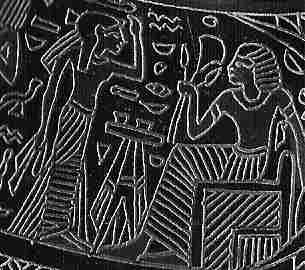
Troubled in heart, Joseph cut the day's business short, and went alone to think and pray. Later, he went to his wife, but found her chamber door shut and also locked against him. Knocking, he heard nothing for a long time. When he called for a man-servant to force the door, only then did she open. "I am ill, Joseph" she said to him, her eyes boldly holding his, though he knew she was lying. And why had she used his Hebrew name, which she did not prefer above his Mizraimite name? Was she saying that she had cut him off from her own people and also from herself?
Joseph turned away. He could not let the household witness any more than it had already witnessed. It would soon become the talk of the whole court, he knew, if he gave the fire any more fuel. As for Asenath, he had to let her go--if she wished to escape out from the courtyard of his love and authority, growing and spreading like a wild vine. If he forced her to submission, he knew he would have an enemy in his own house. As it was, she was becoming a stranger--and by her own choice, not his. All he could do that was wise was to wait--wait in love for her, not in anger. Perhaps her mind would turn back, and she would come to him as she had come before. He wanted her willing heart most of all. To command a woman was impossible for him--after all, she was a gift of God to him. Could he command a gift to be given to him a second time. No, now that it seemed to be stolen from his hand, he had to let it go on its own for a time, even a long time, in the hopes of getting it back.
A year, then two, passed in this unhappy way.
The boys grew rapidly to manhood, learning as many Hebrew ways as Joseph's school-man could teach them. They didn't like it very much at first, crying out for their mother and refusing to learn, but as father he could deal with sons even if their mother was beyond his discipline. When he told them his father Jacob's vision, picturing it for them, he expected respect, if not awe.
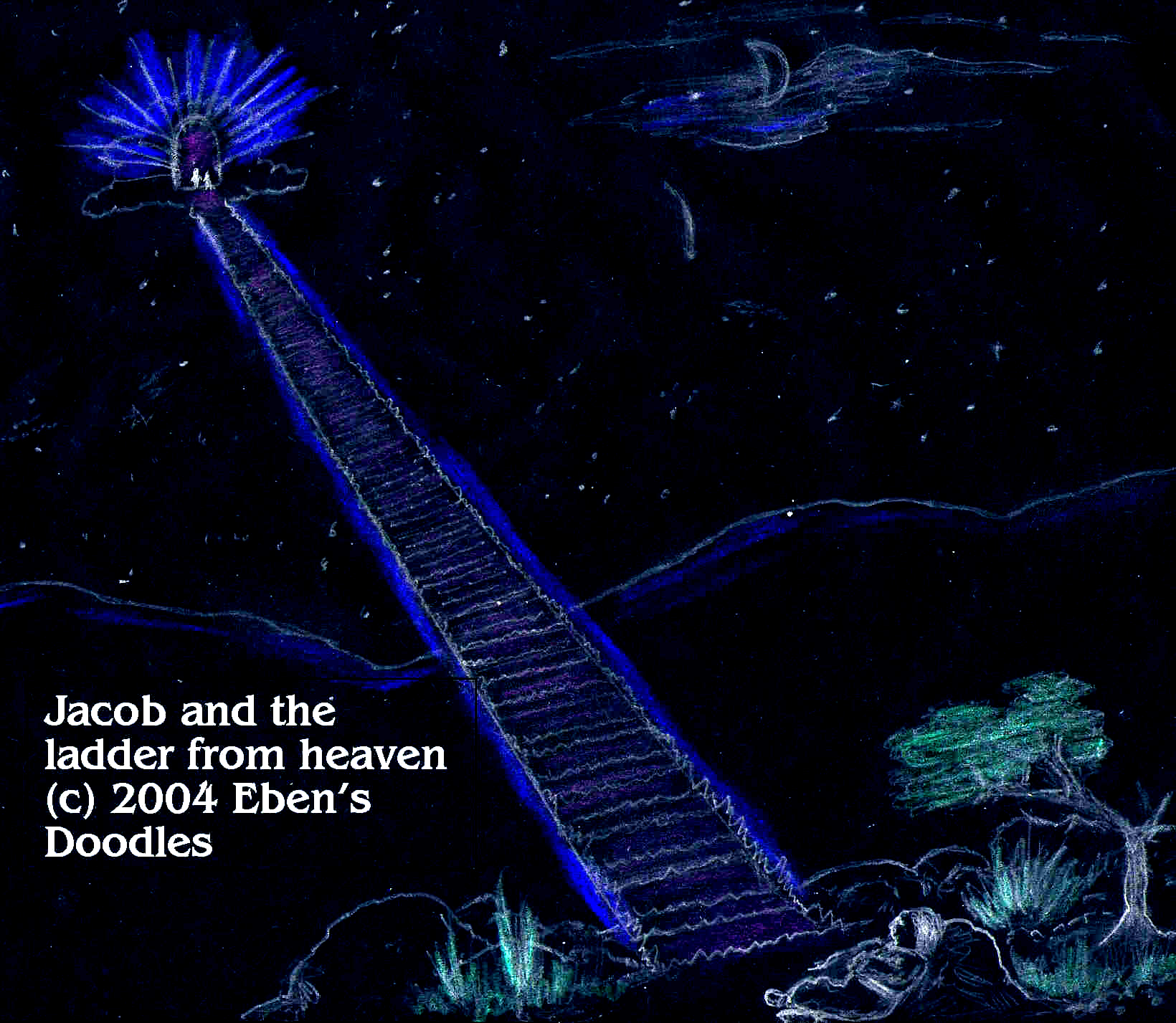
Yet Joseph saw that Asenath's Mizraimite training had not been altogether in vain. If the boys were fighting, they sometimes let loose a Mizraimite oath against the Most High God, and he even heard Ephraim call Manasseh a Hebrew dog when Manasseh happened to throw his brother to the ground in a test of strength.
Asenath herself did very little for herself as the months and years passed. She no longer read books of any kind. She did not cook or clean, or do anything domestic. Her own person became neglected, as she turned the women way when they came to bathe her, or dress her. She relished and ate many sweet fruits and cakes, and had them delivered to her daily. She grew in size, and her clothes were enlarged or rewoven in size for her.
Joseph sorrowed at her, as she was turning. "My wayward vine, where will you end in your sad journey?" he wondered.
"Once so beautiful and fruitful, will you become a briar and a thistle? You were a noble vine in my household, and I rejoiced over you! But now you have cut my heart in twain..."
Truly, the blessings of the breasts, once so great, had been stolen from Joseph's life--and his enemies, as in the old saying, had become the men (in his case, a woman he loved) of his own household.
